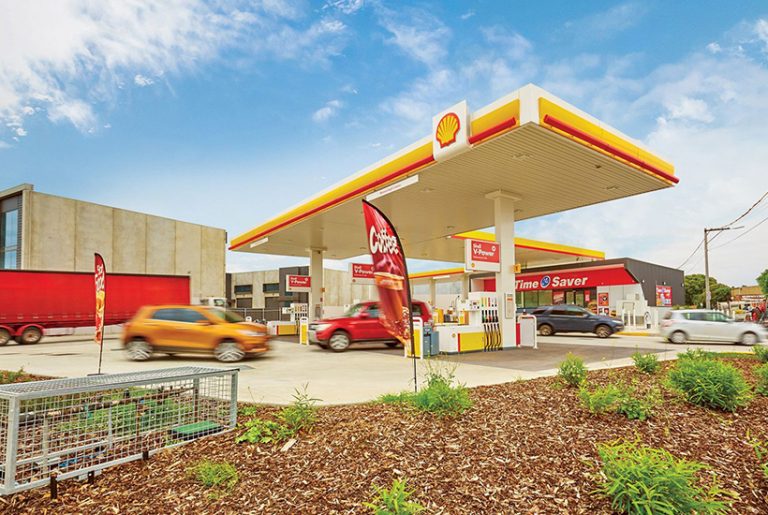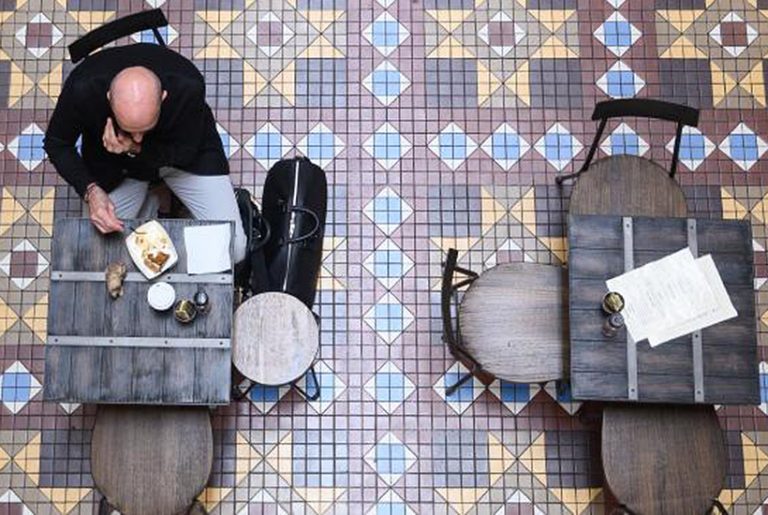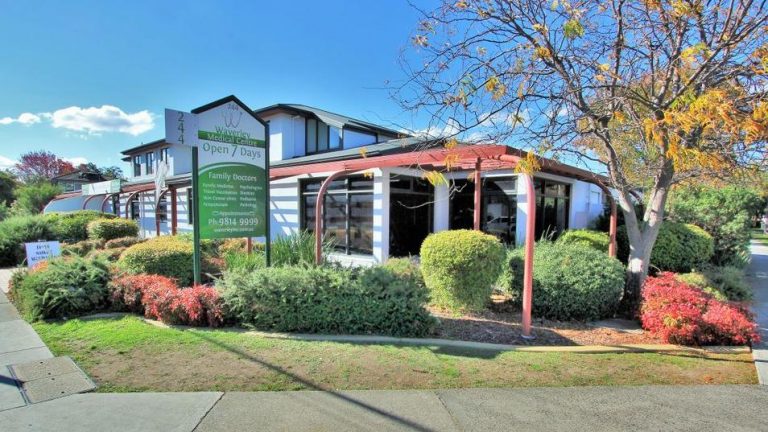Government announces moratorium on commercial property evictions

Commercial property tenants will be safe from eviction for six months under the latest measures announced by the Federal Government to safeguard businesses during the coronavirus crisis.
Prime Minister Scott Morrison on Sunday night announced a moratorium on evictions until at least the end of September, as businesses nationwide count the cost of dwindling trade or forced closures due to COVID-19.
Mr Morrison called on landlords to help tenants during their time of need and come to an arrangement that would keep businesses viable while they ride out the crisis.
“Now there is a lot more work to be done here and my message is to tenants, particularly commercial tenants and commercial landlords is a very straight forward one: we need you to sit down, talk to each other and work this out,” he said on Sunday night.
“The national cabinet also considered this evening issues relating to commercial tenancies as well as residential tenancies, and they agreed (on) a series of principals, which I will release through the statement. The most significant of those is that state and territories will be moving to put a moratorium on evictions of persons as a result of financial distress if they are unable to meet their commitments.”
“So there will be a moratorium on evictions for the next six months under those rental arrangements .”
Mr Morrison said it was critical that everything possible was done to ensure businesses could remain viable, reopen and provide jobs once the virus passes.
“…(It is) about looking at the businesses which have been closed, businesses that may have had a significant reduction in their revenues, and we need landlords and tenants to sit down and come up with arrangements that enable them to get through this crisis, so on the other side the landlord has a tenant, which is a business that can pay rent, and the business is a business that can reemerge on the other side of this and be able to go on and employ people on the other side of these arrangements,” he said.

Australian prime minister Scott Morrison has announced a moratorium on commercial property evictions.
The government also warned that commercial property owners who refuse to help tenants would be frozen out from any potential assistance.
“We want the banks to help them achieve this outcome. We want people to sit down and work this out,” Mr Morrison said.
“We will be working on measures that will be encouraging you to do just that and to support you to do just that, but also to ensure that if you aren’t going to engage in that sort of cooperative activity, between banks, between tenants and between landlords, then the sort of support then you might otherwise expect to receive, you will not receive. This is part of the hibernation approach.”
The announcement of relief for tenants comes after a series
1. Record low interest rate cut
The Reserve Bank has slashed the cash rate to a record low of 0.25 per cent – the lowest the central bank can go. It is now cheaper than ever to service a mortgage debt, which will offer some relief to mortgagees who might be facing job losses or reduced income because of the COVID-19 crisis.
2. A cash injection for the banks
The RBA is providing $90bn to the banks at a rate of 0.25 per cent – in line with the cash rate – to ensure a cheap line of credit is available. The RBA will fund the banks at that low rate over three years, and provide additional funding if the banks increase lending to small and medium-sized businesses.
This announcement means businesses will be able to access the credit they need to keep paying wages and keep people in jobs. Those workers with mortgages will be able to keep making payments, and similarly, those who are renters will be able to continue paying their rent.
3. Loan holidays for households and business
The Australian Banking Association has mandated that Australian banks defer the loan repayments of small businesses for six months, to help those that are struggling stay open and keep people in jobs. The package will apply to more than $100 billion of existing small business loans.
In the same vein as the RBA’s stimulus package, the measure will help keep people employed so they can continue paying their mortgages and rent.
The Big Four (NAB, CBA, Westpac and ANZ) have extended the lifeline to home loan customers in financial turmoil, enabling them to pause repayments for up to six months amid COVID-19.
4. Major stimulus for households and business
The Federal Government has announced two stimulus packages, which it says have a combined value of $189bn. While the enormous funding boost doesn’t directly target mortgagees, like the RBA and the ABA, it focuses on making sure businesses and households stay afloat, which in turn, impacts people’s ability to pay their mortgage and rent.
The package mainly targets low-income earners and business, with measures including one-off $750 payments and a coronavirus supplement for eligible welfare recipients; while some workers who find themselves without a job will be able to access jobseeker payments. Meantime, small businesses will be able to access wage subsidies of up to $100,000.







